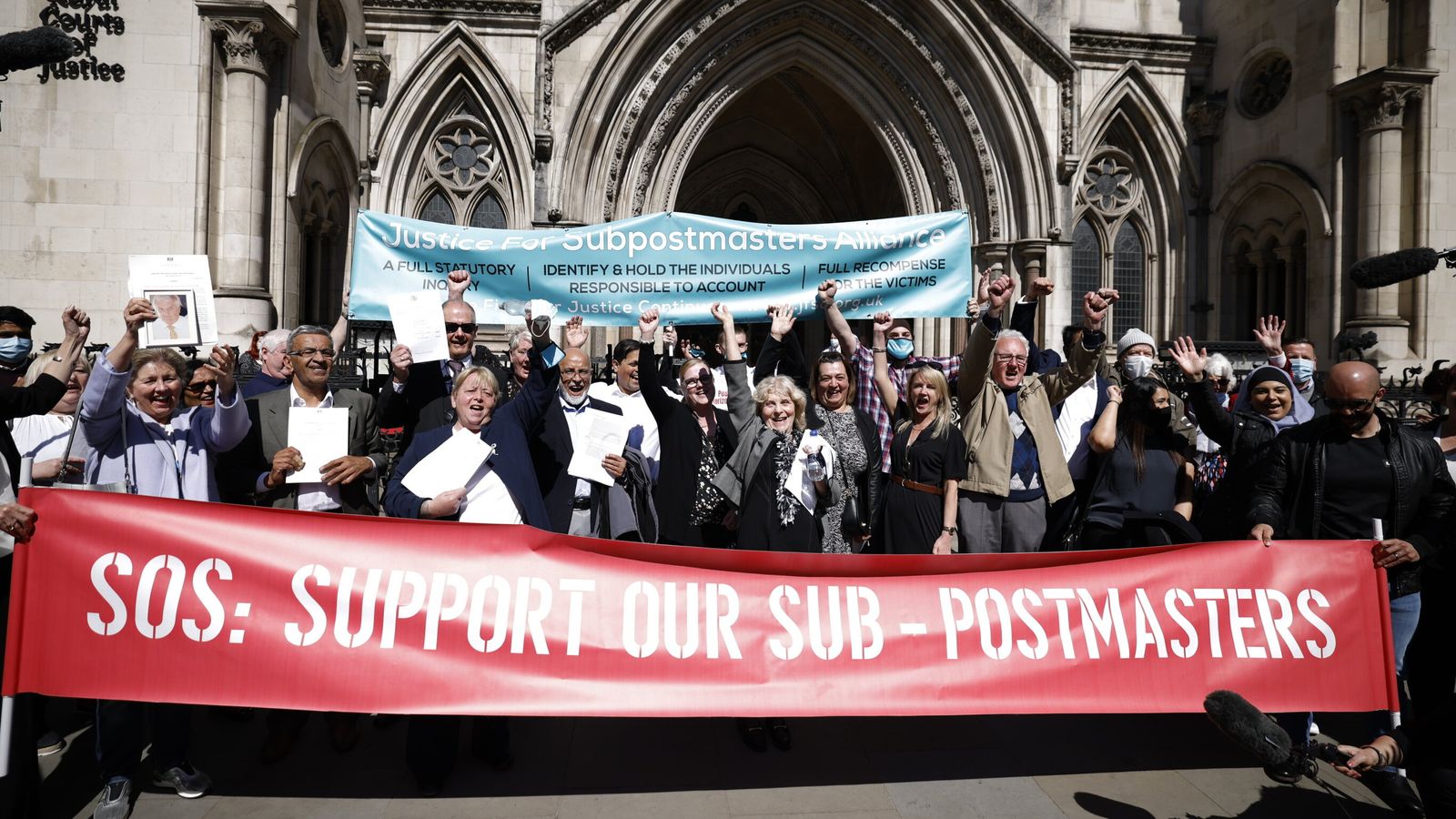The U.K. government has revealed details of its long awaited, “bold” energy security strategy, but critics have derided its inclusion of fossil fuels and what they view as a lack of ambition.
In a release Wednesday, the government heralded a “major acceleration of homegrown power in Britain’s plan for greater energy independence.”
The plans — known as the British Energy Security Strategy — mean that more “cleaner” and “affordable” energy will be produced in Great Britain, the government said, as the country seeks to “boost long-term energy independence, security and prosperity.”
The government is now targeting as much as 24 gigawatts of nuclear power by 2050, which it said would represent around a quarter of the country’s projected electricity demand. The strategy could see as many as eight reactors developed.
Alongside nuclear, the plans include up to 50 GW of offshore wind and 10 GW of “low carbon” hydrogen capacity, at least half of which would be so-called green hydrogen, by 2030. The government also said solar capacity could be set to increase fivefold by 2035, up from 14 GW today.
When it comes to onshore wind — a divisive subject for Prime Minister Boris Johnson’s Conservative Party — the government said it would consult on “developing partnerships with a limited number of supportive communities who wish to host new onshore wind infrastructure in return for guaranteed lower energy bills.”
However, in a move that sparked outrage among environmental campaigners, the government also said its strategy would be “supporting the production of domestic oil and gas in the nearer term,” with a licensing round for new oil and gas projects in the North Sea slated for launch this fall. The government claimed its strategy could result in 95% of Great Britain’s electricity being “low carbon” by 2030.
“The simple truth is that the more cheap, clean power we generate within our borders, the less exposed we will be to eye watering fossil fuel prices set by global markets we can’t control,” Kwasi Kwarteng, the country’s business and energy secretary, said.
“Scaling up cheap renewables and new nuclear, while maximising North Sea production, is the best and only way to ensure our energy independence over the coming years.”
The strategy’s publication comes at a time when Russia’s invasion of Ukraine has heightened concerns about energy security. Russia is a major supplier of oil and gas, and its actions in Ukraine have caused a number of economies to try and find ways to reduce their reliance on it.
In response to the invasion, the U.K. has said it will “phase out imports of Russian oil” — which meets 8% of its total oil demand — by the end of this year. Russian natural gas, the government says, made up “less than 4%” of its supply, adding that ministers were “exploring options to reduce this further.”
Fool’s gold?
While Business Secretary Kwarteng was bullish about the strategy and its prospects, the plan drew ire from some quarters.
“This fails as a strategy, as it does not do the most obvious things that would reduce energy demand and protect households from price hikes,” Danny Gross, an energy campaigner at Friends of the Earth, said.
“Delving deeper into the UK’s treasure trove of renewables is the surest path to meeting our energy needs — not the fool’s gold of fossil fuels.”
While the acceleration in offshore wind developments was “welcome,” Gross said ministers had to “go further and make the most of the UK’s massive onshore wind resources.”
Meanwhile, Lisa Fischer, programme lead at climate change think tank E3G, argued that the future of the North Sea lay in renewables rather than oil and gas.
“A push for offshore wind is welcome, but embracing oil and gas at the same time will act as a drag on the UK’s leap towards an affordable and clean energy future,” she said.
‘Moral and economic madness’
The British Energy Security Strategy is being published in the same week that the Intergovernmental Panel on Climate Change released its latest report.
“Limiting global warming will require major transitions in the energy sector,” the IPCC said in a news release. “This will involve a substantial reduction in fossil fuel use, widespread electrification, improved energy efficiency, and use of alternative fuels (such as hydrogen).”
Commenting on the report, U.N. Secretary General Antonio Guterres pulled no punches. “Climate activists are sometimes depicted as dangerous radicals,” he said. “But the truly dangerous radicals are the countries that are increasing the production of fossil fuels.”
In March, the International Energy Agency reported that 2021 saw energy-related carbon dioxide emissions rise to their highest level in history. The IEA found energy-related global CO2 emissions increased by 6% in 2021 to reach a record high of 36.3 billion metric tons.
The same month also saw Guterres warn that the planet had emerged from last year’s COP26 summit in Glasgow with “a certain naive optimism” and was “sleepwalking to climate catastrophe.”











